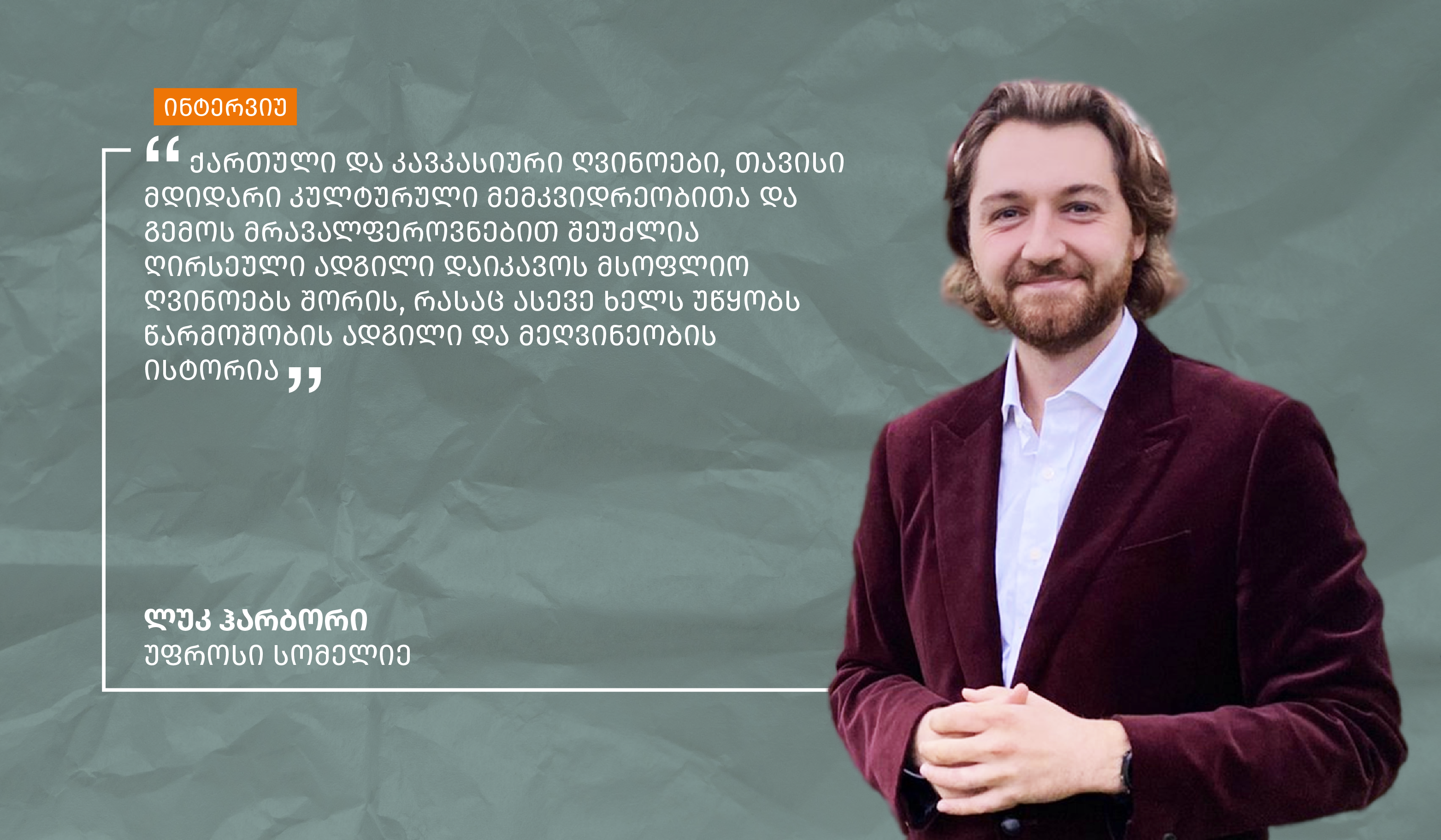Luke, your wine journey began in the kitchen a decade ago. How did that culinary foundation shape your approach to wine and its synergies with food?
My wine journey began a decade ago in the heart of the kitchen. The culinary foundation has influenced my approach to wine, enriching my understanding of flavours, textures, and the context of what food and beverage means to people. Food and wine, for me, represents a part of the essence of life – its primal and gastronomic facets. When it comes to wine, I view it through a lens that encompasses context, embracing the cultural and geographical influences with the occasion itself.
As a current Master of Wine student, what has been the most challenging and rewarding aspect of this prestigious journey, and how does it enhance your role as a judge for the IWSC?
As a current Master of Wine student, this journey has been both challenging and immensely rewarding. I’ve temporarily paused at Stage 1, which taught me not only about what I know but, more importantly, about what I don’t. My aspiration to become a Master of Wine remains resolute, and this pause allows for a moment of gratitude and reflection on the experience so far.
Given your vast experience and education in wines, what unique qualities or characteristics are you particularly looking forward to uncovering from the Georgian wines at the IWSC Wine Judging?
Drawing on my experience and education in wines, I am eagerly looking forward to exploring the unique qualities and characteristics of Georgian wines at the IWSC Wine Judging. The aspects that intrigue me most include delving into the stories behind these labels, observing indigenous Georgian grape varieties, and understanding how producers utilise the traditional Qvevri. I look forward to witnessing what the contemporary Georgian wine landscape looks like.
Being the Head of Wines for an entire hotel group entails curating a wide range of wine selections. How do you ensure consistency in quality while catering to different palates and preferences across properties?
We’ve established a well-defined philosophy when it comes to choosing wines, focusing on supporting family-owned and smaller producers, wines with compelling stories, sustainability credentials, and value across various price points. Our emphasis is on fostering strong relationships with our suppliers, many of whom are friends, built on trust and shared values. The individuality and personality of each PIG wine list are preserved through the autonomy of the respective head sommeliers, reflecting their expression through the wine list.
With the ever-evolving global wine industry, where do you see the next big trend or region emerging, and how do you envision Georgian and Caucasian wines positioning themselves in that future landscape?
While predicting the next big trend or emerging wine region in the ever-evolving global wine industry is a challenge, I believe in staying true to our values rather than blindly following trends. Wines that represent their unique locations, thoughtful winemaking, value, and a genuine commitment to sustainability will likely lead the industry in the years to come. Georgian and Caucasian wines, with their rich heritage and diversity of style, are well positioned to become an integral part of the wine narrative, contributing to the storytelling of both place and winemaking. While they may not rise to the level of popularity enjoyed by New Zealand Sauvignon Blanc anytime soon, I foresee high-quality Georgian wines finding a well-deserved place on our lists.

